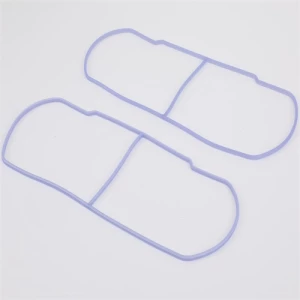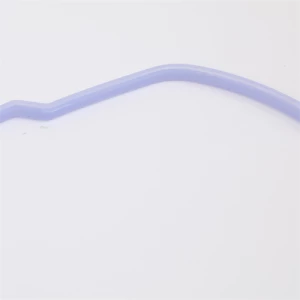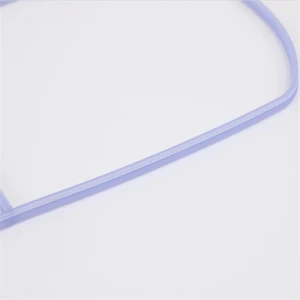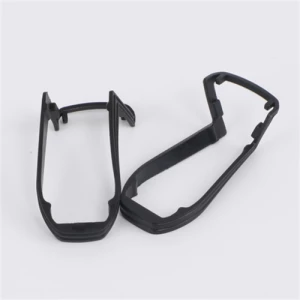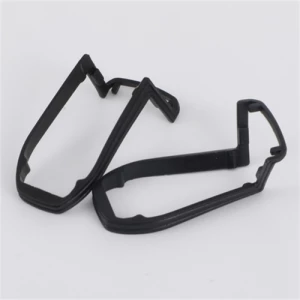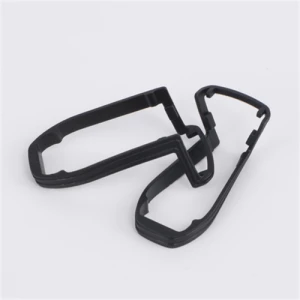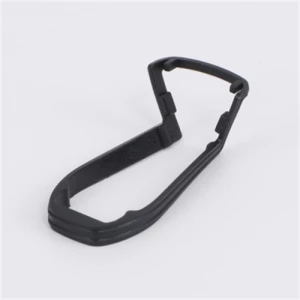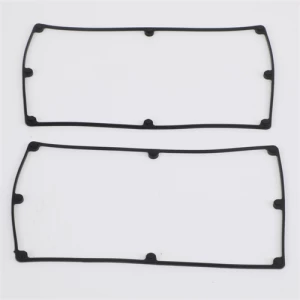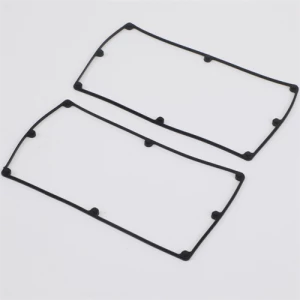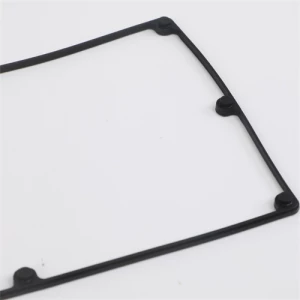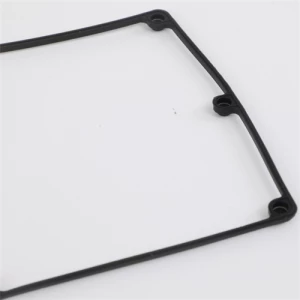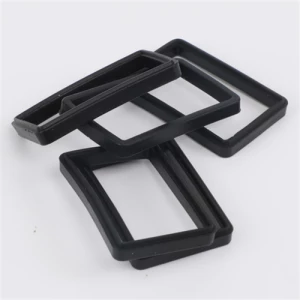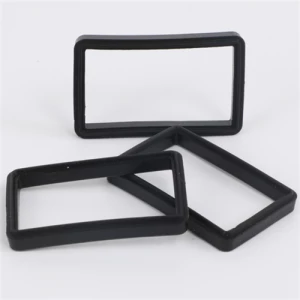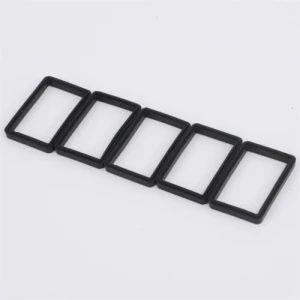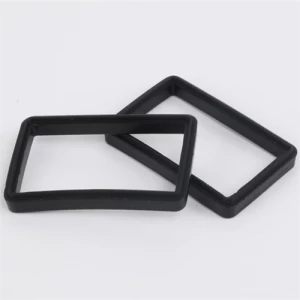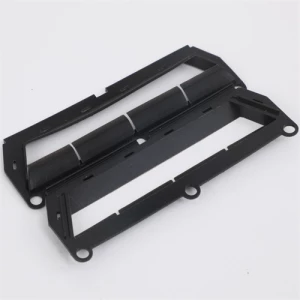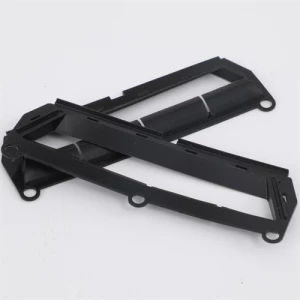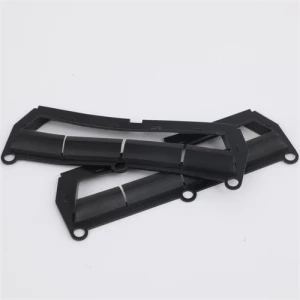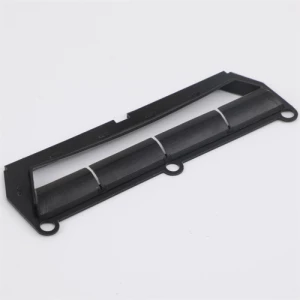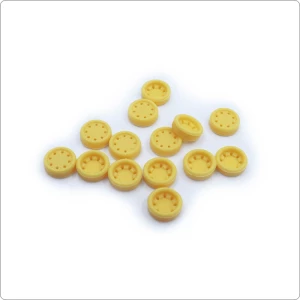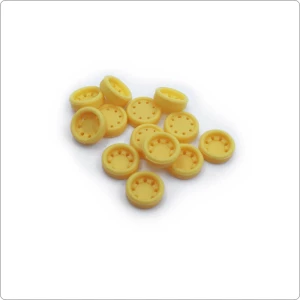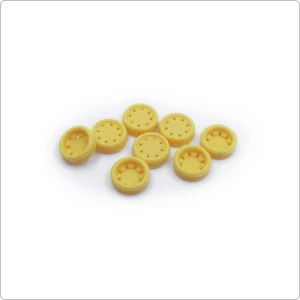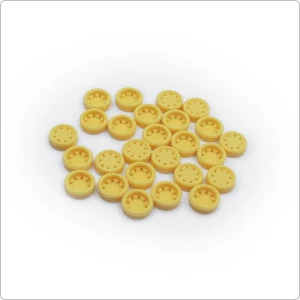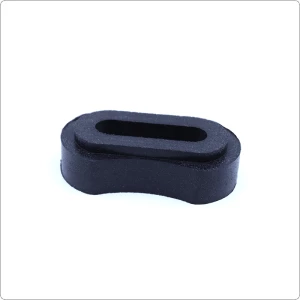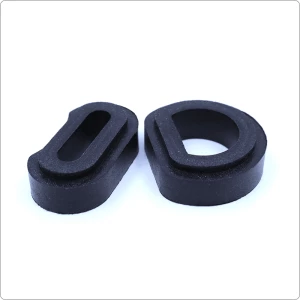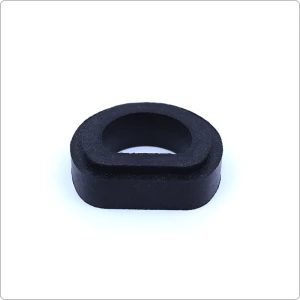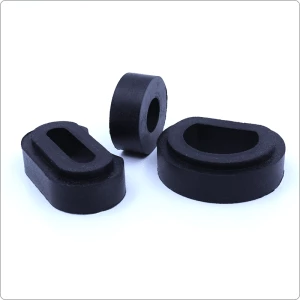Everything You Need to Know About Gaskets in 2025
Gaskets are essential components in various industries, ensuring leak-proof connections in machinery and piping systems. Whether you're in manufacturing, automotive, or construction, understanding the right type of gasket for your application can save time and costs. This guide explores the key aspects of gaskets, from types to sourcing strategies.
How to Find Reliable Gaskets from China in 2025
China remains a top supplier of high-quality gaskets due to competitive pricing and advanced manufacturing capabilities. To find reliable suppliers:
- Check certifications like ISO 9001 and API 6A.
- Review customer feedback on platforms like Alibaba.
- Request samples to test material quality.
Leading manufacturers often offer customization, ensuring gaskets meet specific industry standards.
What Buyers Should Know Before Buying Gaskets from China
Before purchasing gaskets from China, consider:
- Material compatibility with your application (e.g., temperature, pressure).
- Lead times and shipping costs.
- Minimum order quantities (MOQs) and bulk discounts.
Working with a trusted supplier reduces risks and ensures consistent quality.
Types of Gaskets
Common gasket types include:
- Rubber Gaskets: Ideal for low-pressure applications.
- Metal Gaskets: Used in high-temperature and high-pressure environments.
- Spiral Wound Gaskets: Combine metal and filler for flexibility.
Each type serves distinct purposes, so selecting the right one is critical.
Functions and Features of Gaskets
Gaskets prevent leaks, absorb vibrations, and compensate for surface irregularities. Key features include:
- Resistance to chemicals and extreme temperatures.
- Durability under mechanical stress.
- Easy installation and replacement.
Scenarios of Gaskets
Gaskets are used in:
- Automotive engines and exhaust systems.
- Oil and gas pipelines.
- HVAC systems and water treatment plants.
Their versatility makes them indispensable across industries.
How to Choose Gaskets
Selecting the right gasket involves:
- Assessing environmental conditions (e.g., corrosive substances).
- Matching material properties to operational demands.
- Consulting supplier expertise for specialized applications.
Gaskets Q & A
Q: How long do gaskets typically last?
A: Lifespan varies by material and usage, but most last 2-5 years under normal conditions.
Q: Can gaskets be reused?
A: Generally, no. Reusing gaskets can compromise seal integrity.
Q: What’s the difference between a gasket and a seal?
A: Gaskets seal static connections, while seals are for dynamic parts like rotating shafts.
Q: Are Chinese gaskets reliable?
A: Yes, many Chinese manufacturers meet international standards with rigorous quality control.
Q: How do I measure a gasket for replacement?
A: Measure inner/outer diameters and thickness, or use the old gasket as a template.



